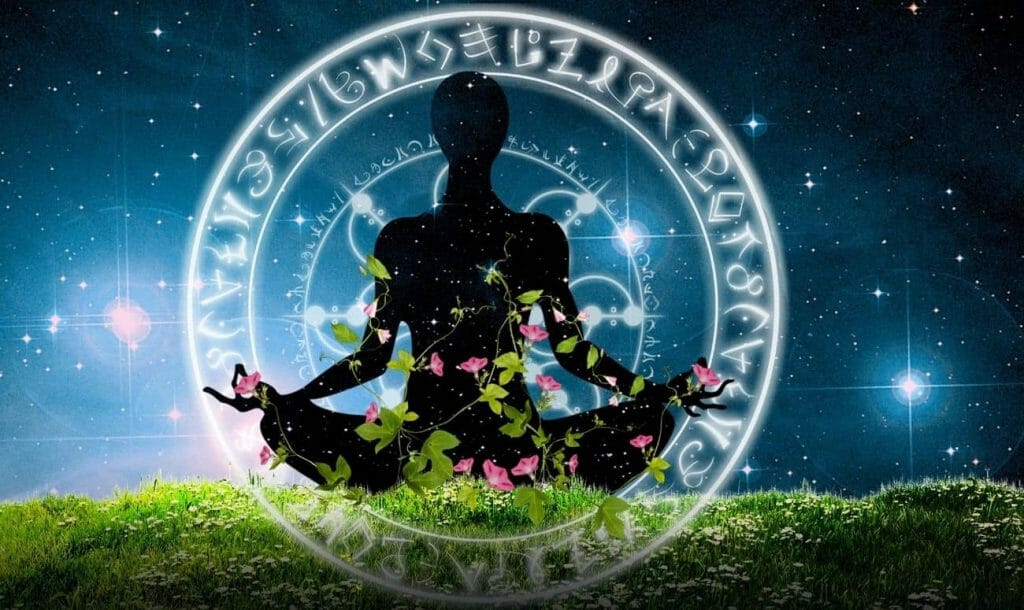What goes around comes around – is the most common translation of the word Karma. Derived from the Sanskrit word ‘karman’ meaning ‘act,’ karma is a philosophy or the universal law by which good or bad actions determine the future models of a person’s life.
What is Karma exactly?

You might have heard people say, “It’s my Karma,” or “Let Karma do its work,” implying that a person’s past or current actions will eventually bear its consequences, whether good or bad, later in life, or even in the next life. It is thus linked to re-birth as well.
In the West, they call it theodicy, a theory to explain why there exists what appears to be unjust suffering, the answer is that the suffering is in fact deserved.
What’s the origin of Karma?
Karma is found in three main religions that began in India – Hinduism, Buddhism, and Jainism. The meaning of Karma for all three is quite overlapping, yet different. All share the assumption that Karma is ethically charged, and that the universe has a mechanism that ensures that a good or a bad deed will bring in a similar deed for the doer, sooner or later.

In ancient Vedic scriptures, the theory of Karma was explained by drawing an analogy from trees, where a certain kind of seed is sown and after a while, a plant appears and can be harvested. Just like the harvest, the result of Karma is finite and destined.
What is Karma according to Jainism?
The oldest and most elaborated theory of Karma, and which still survives, is that of Jainism. Jains believe that all matter contains life in a form that adapts itself to the size and shape of whatever body it inhabits, called the jiva meaning life. According to their theory, the jiva is a pure being and floats at the top of the universe, where it can remain in eternal bliss.
On the other hand, Karma is a physical substance that is everywhere in the universe, and Karma particles are attached to the soul when we do, think, or say things that are harmful. It is a kind of pollution that taints the pure jiva, and based on one’s karma, a soul reincarnates in either heaven or hell or has humans or animals.
The theory places the responsibility on individual actions and does not account for reliance on retribution. It is possible for anyone to modify their karma, release it, and attain liberation or moksa.
What is Karma according to Buddhism?

The Buddhism theory also believes that Karma is an action driven by intention and leads to future consequences. Karma and Karmaphala ‘fruit of action,’ are fundamental in Buddhism. They explain how our intentional actions keep us tied to the cycle of re-birth.
According to Earnest Gombrich, an Austrian art historian – The Buddha defined Karma as intention. Whether the intention manifested itself in physical, vocal, or mental form, it was the intention alone that had a moral character. Good, bad, or neutral. The focus of interest shifted from physical action, involving people and objects in the real world, to psychological process.
What is Karma according to Hinduism?
The meaning of Karma in Hinduism is different from the above two. Where, Karma has three different types: Prarabdha Karma, which is experienced through the present body. And is only a part of Sanchita Karma which is the sum of one’s past karmas. Lastly, Agami Karma, which is the result of the current decision and action.
It is believed that beneficial effects are derived from past beneficial actions. Likewise, harmful effects are derived from their corresponding past harmful actions. This creates a system of actions and reactions, throughout a soul’s reincarnated lives. The causality applies to our thoughts, words, actions, and even the actions that others do under our instructions.
It is said that the planet of Karma, is Saturn, Shani.
So, do you believe in the theory of Karma?
Read more: Why You Need To Drink 3-4 Litres Of Water A Day
Like & Follow ThinkRight.me on Facebook, Instagram, Twitter, and Telegram to stay connected.






























